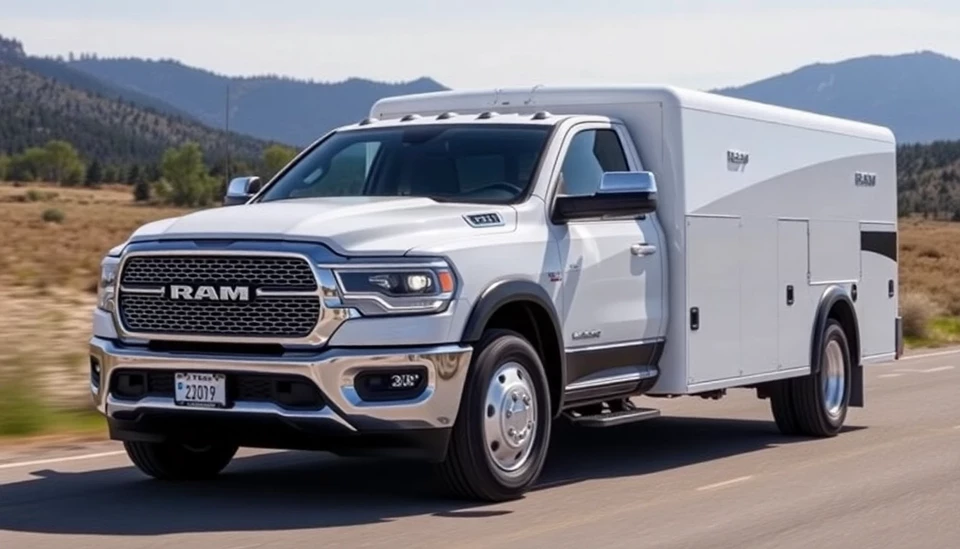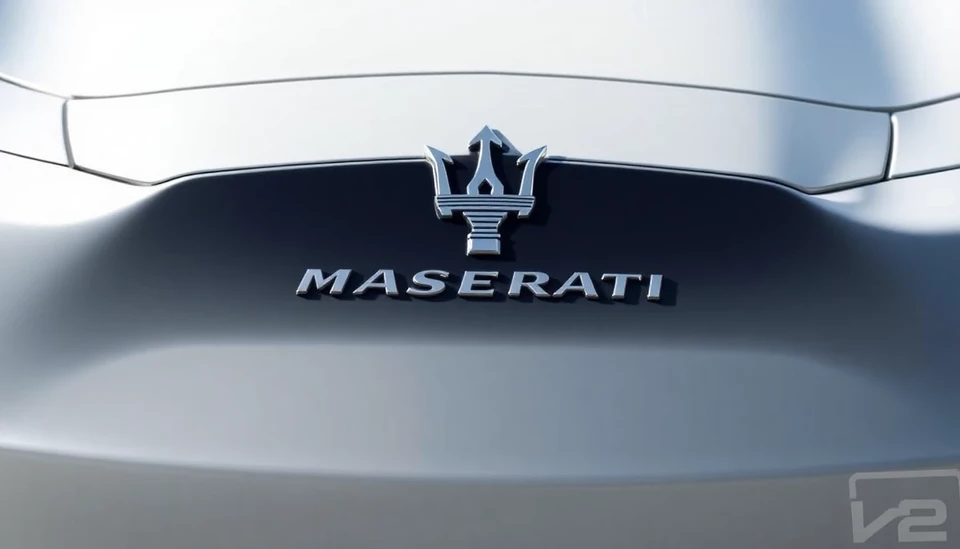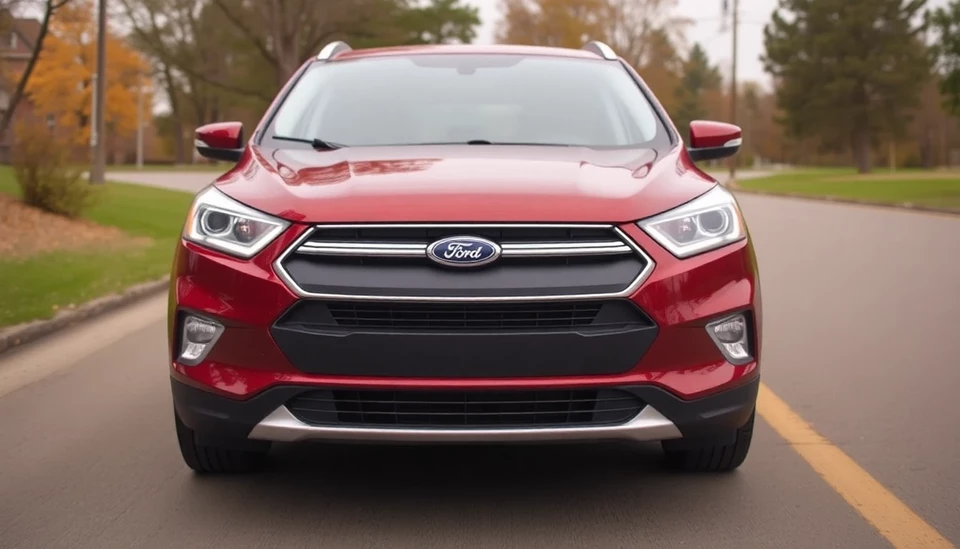
In a significant development for the automotive industry, Stellantis has announced a delay in the rollout of its highly anticipated electric Ram pickup truck. Initially slated for debut in late 2024, the launch has now been pushed to the first half of 2025, marking a notable shift in the company's timeline.
This strategic decision comes as Stellantis navigates a challenging market landscape, characterized by increasing competition in the electric vehicle sector and evolving consumer preferences. The company, formed from the merger of Fiat Chrysler and PSA Group, has been lauded for its ambitious plans to transition its fleet toward electric offerings, but this recent delay raises questions about its ability to keep pace with rivals.
The Ram electric truck, which aims to challenge well-established models from competitors like Ford and Tesla, is considered pivotal for Stellantis's efforts to capture a share of the growing EV market. The delay has generated buzz regarding the potential impact on the company's overall electric vehicle strategy. While Stellantis's leadership remains optimistic about long-term goals, industry analysts are keen to see how this delay will affect consumer interest and market share.
Stellantis's spokesperson indicated that the delay was crucial to ensure the truck meets the high standards expected from discerning consumers in the competitive EV sector. They emphasized the importance of thorough testing and development to deliver a vehicle that upholds the brand's reputation for performance and reliability.
The electric Ram pickup is part of Stellantis's broader commitment to fully electrify its North American operations by the end of this decade. However, the company is not alone in facing challenges; other automakers are also adjusting their timelines and strategies to adapt to the rapidly changing industry dynamics.
The push towards electric vehicles is not just a trend but a significant shift driven by regulatory pressures, consumer demand for sustainable transport options, and an increasing focus on reducing carbon footprints across the globe. Stellantis will need to capitalize on this momentum to recover from any consumer uncertainty caused by the delay.
As Stellantis gears up for the upcoming launch, all eyes will be on how the company executes its plans in the coming months and whether it can regain any lost ground in the competitive electric truck market. The future trajectory of the Ram electric truck will not only influence Stellantis's position in the industry but also have wider implications for the overall transition toward electrification in the automotive sector.
In conclusion, while the delay of the electric Ram truck presents immediate challenges, it can also be seen as a careful maneuver to ensure high product standards and long-term success in a fiercely competitive landscape.
#Stellantis #ElectricVehicle #RamTruck #AutomotiveIndustry #EVDelay #Sustainability
Author: Victoria Adams




